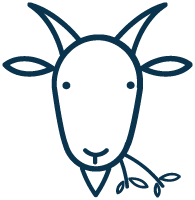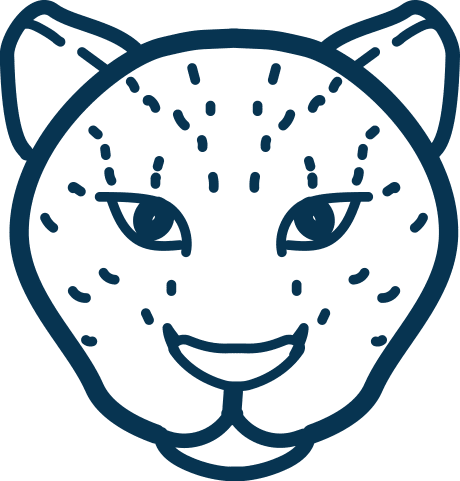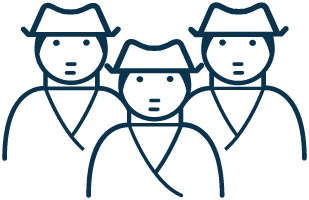An ancient pastoral tradition
Nomadic herders have been grazing their animals on Mongolia’s rangelands for over 4000 years. They are a stoic people and proud of their ancient pastoral heritage. Cashmere is a nomadic herder’s primary source of income; without it, they would no longer be able to maintain their livelihood.
Protecting the unique culture and rich traditions of Mongolian pastoral society is an important part of our work. By building resilience and economic well-being, we hope to reduce the number of herders moving to city slums and ensure future herders can continue this way of life for generations to come.
The nomadic herding way of life:
Several key features define the Mongolian way of herding.
- Seasonal movements between pastures,
- Mixed herds of different livestock species
- Flexibility in movements, campsites and use of livestock products
- Reciprocal relations, based on the premise that if you help others, they will help you in the future
These strategies help herders cope with the region’s unpredictable and highly variable climate in a way that is economically and ecologically sustainable
How has life changed for herders?
Changes to society and climate change are now threatening this ancient way of life and the rangelands that support it. Herders are motivated to increase their herd size as cashmere is generally sold by quantity, not quality. Life for herders is becoming increasingly difficult as they contend with the following challenges:
- Increased crowding around wells and town centres
- Conflicts over pasture rights are increasing.
- Risk from climatic disasters
- Vulnerability to fluctuations in the cashmere market
- Reliance on high interest loans to make it through the year
Many herders have come together to form groups such as herding cooperatives and community-based rangeland management groups, in order strengthen their voice and improve their situation.
How does the SFA support herders?
The SFA works with established herding groups – both formal and informal – that consist of multiple herding families in a communal grazing area. Collectively, we refer to these groups as ‘herder organisations’. We support herder organisations in governance and participatory planning to bring benefits for their livelihood, land and animals.

We work with herders to help improve pasture condition and animal health.

We provide training in rangeland management and wildlife conservation

SFA herders receive better market access and are less vulnerable to market shocks

We recognise exemplary herder groups with sustainability awards.

We run educational programmes for young herders and school-leavers.

“Prior to being involved with the SFA, our cooperative didn’t work collaboratively, so we’d each sell direct to the traders and they’d determine the price while now we supply it to the cooperative and work together to strengthen our position.”
Burmaa L

